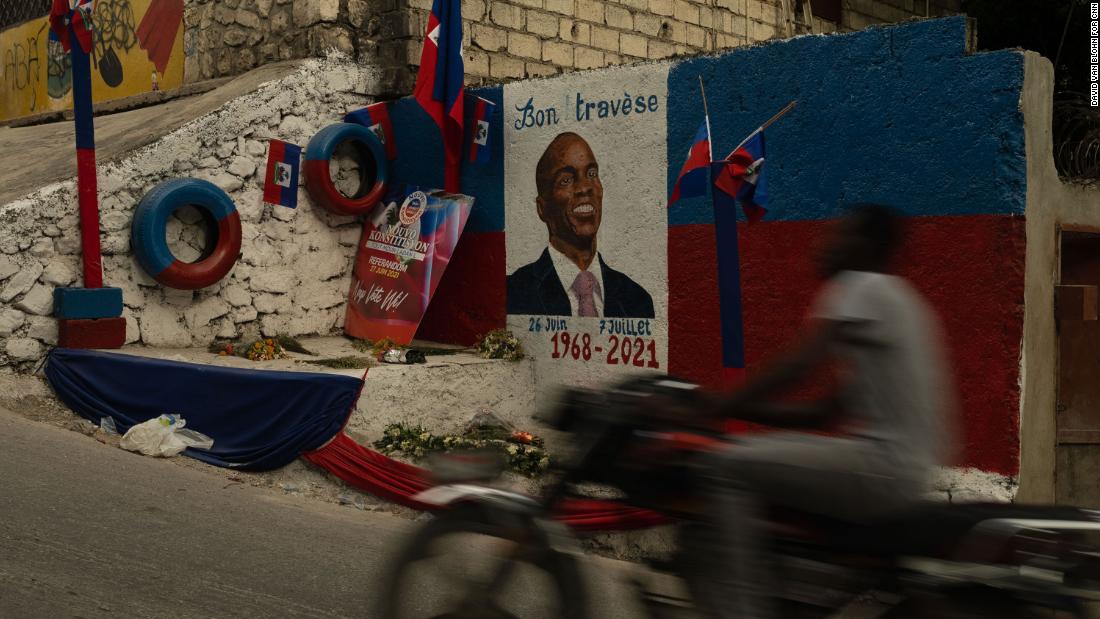Black Tears: Lament For a Murdered Son
A San Quentin inmate recalls the son he lost to violence in the community he left behind.


Photo by Heikki M. via Flickr
A man should always be buried by his son. Instead I buried my son, Lil’ Treal, who died on Dec. 15, 2012―murdered by another Black kid.
My son was a 17-year-old football star. He was a senior in high school with a 3.8 grade point average. He had promised his mom and I that he was going to get it up to a 4.0 before he graduated.
He wasn’t a perfect son, but he was a great son. He was my Junior. He was my journey.
As I sit here, nine years later, inside San Quentin, the pain still exists. I can live with it, but I don’t think it will ever go away.
I want others who have lost a child to know that there’s a way to live with it. Lil’ Treal would have been 26 years old now, so I want the youth who are reading this to know that life is short. Stop taking life for granted because you don’t want your parents to cry Black Tears too.
When Lil’ Treal was born, I cut the cord. We were very close. The day that I lost him, I lost something inside of me. I can’t express fully what I’ve lost. Did I lose me? Did I lose my breath? Did I lose my vision?
I’ve often been asked by people how I deal with it. I tell these people, it’s like being in the middle of a fire, and you’re burning up. You can’t outrun the fire. You can’t jump out of the fire. You can’t put the fire out. You accept the burning pain. You live with the pain. Sometimes, you even want the pain to cover up the pain, if you can understand that.
At times, I often wondered how would it be when I die? And the pain I would cause unto other people for my death. I even wish sometimes that I was dead so I can say that I’ve never buried Lil’ Treal.
After my son died, I didn’t dream anymore. When I went to sleep it was just dark for years. I didn’t understand how something being so painful could stop me from dreaming when I closed my eyes.
I call this story Black Tears because my tears seem to be really black. I’m not saying black as a metaphor for Black People. I mean, literally, my tears are the color black from darkness and depression.
I share these tears with other Black mothers and fathers who suffer from the killings in our community.
Over the years, people would ask me to tell them how I felt when it happened. I would answer that you just can’t pick words to describe the way I feel inside. It’s like belonging to an exclusive club that no one wants to be a part of.
Surprisingly, there are not too many people around you in prison who can fully empathize. It’s one of those situations where you can’t go and talk to anyone. As of right now, I’m around hundreds of men, but there’s no one I can go talk to because not many fathers bury their 17-year-old.
There are also not too many people who really care. A lot of fathers of children who die aren’t even around to cry Black Tears.
So I tell this story from the point of view of a Black man who’s lost a Black Boy. I still cry Black Tears.
This essay by an incarceree in San Quentin is published in collaboration with The Beat Within, a San Francisco-based justice system writing workshop.

 Landwebs
Landwebs 















/cdn.vox-cdn.com/uploads/chorus_asset/file/24430706/elon_musk_twitter_for_you.png)





